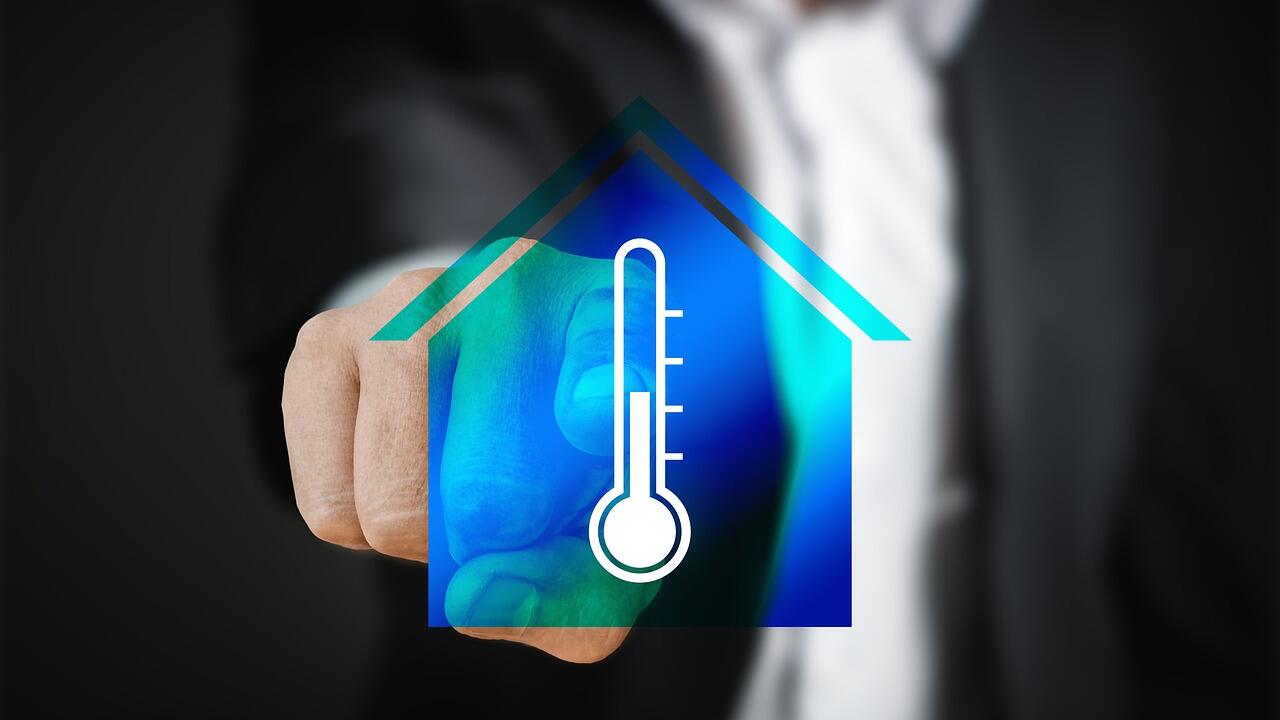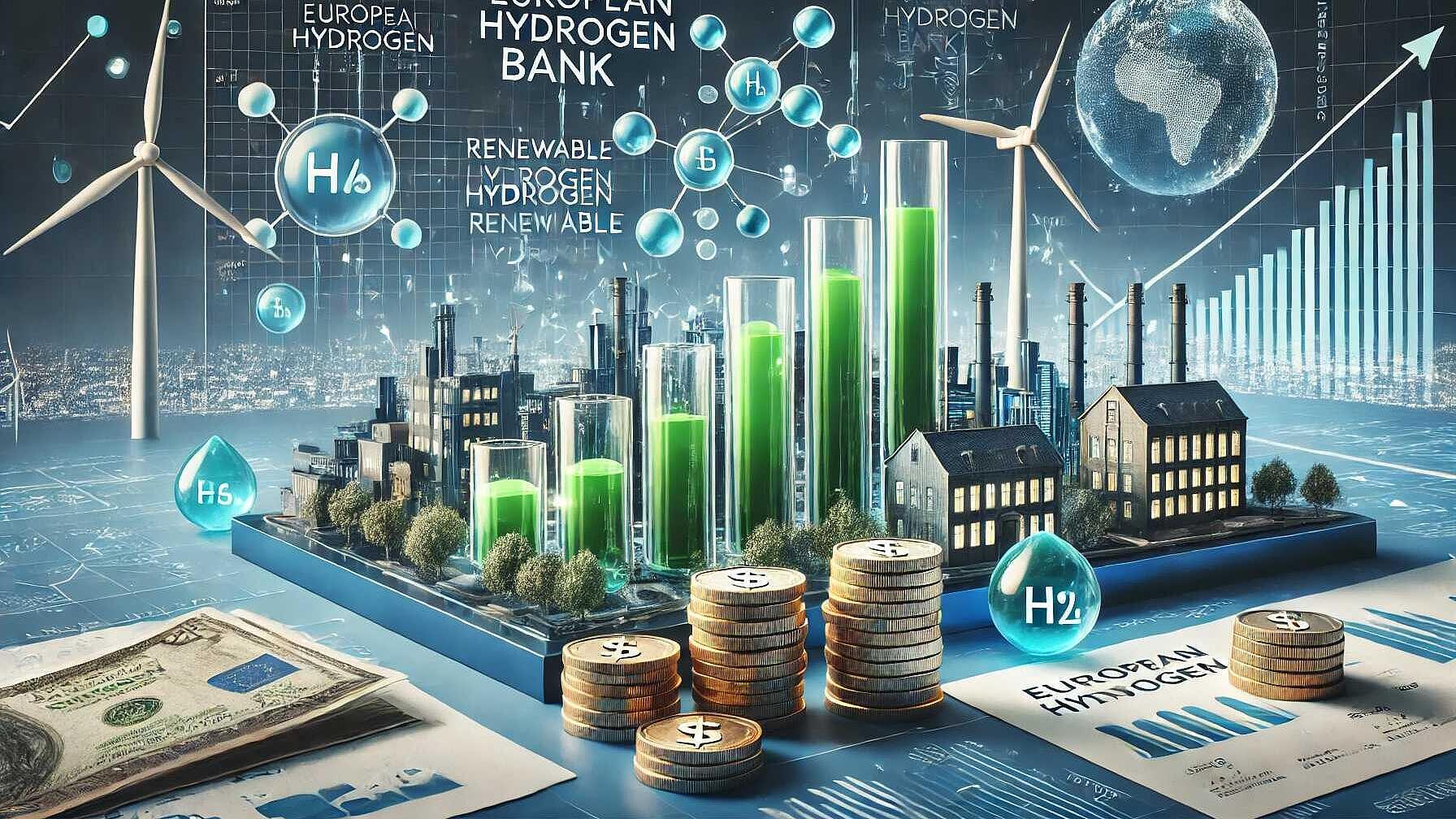 Energy Infrastructure
Energy InfrastructureEscaping the horns of a dilemma
Summary
Zen and the Art of Motorcycle Maintenance has written a blog about the hydrogen economy. He argues that electrifying everything is the right way to go. Using hydrogen in the gas grid is an understandable effort by the gas industry to maintain their position. But on the other side of the dilemma heat pumps are unlikely to suit all situations, particularly in retrofit situations, and the overall seasonal performance is still not necessarily as good as advertised. In heating the third option that has been overlooked is localised power to heat transfer with thermal storage. It is very unlikely that the energy system of the (near) future will
will be an either/or type of system - it is more likely to be a patchwork quilt of local solutions that make economic sense by providing multiple sources of value, he says. If you are concerned about the future, be sure to look around the bull to see a way out of the future. Click here for more information.
Open full article
Escaping the horns of a dilemma
“Phaedrus, however, because of his training in logic, was aware that every dilemma affords not two but three classic refutations, and he also knew of a few that weren’t so classic, so he smiled back.” Zen and the Art of Motorcycle Maintenance
For the last few years there has been a lot of discussion about how to decarbonize heat in the UK. The argument is presented as: do we go down the heat pump route or the hydrogen in the gas network route. These two choices are presented as an either/or and both have their issues – they are the horns of a dilemma. In a blog last year I came out in favour of ‘electrify everything’ – which caused a surprising amount of reaction and even amusement from followers and friends. It just seems clear to me that electrifying everything is the right way to go. Rather than just ‘reinventing fire’ we should be eliminating it. As my friend and veteran energy guru Walt Patterson said, leaving fire behind may determine our future on earth.
I first started studying hydrogen and the promise of the hydrogen economy in the late 1970s, and researched hydrogen as an aviation fuel as an undergraduate dissertation in 1980. Much as I like the idea of the ubiquitous hydrogen economy, probably inspired by my interest in space exploration and the use of liquid hydrogen as rocket fuel, hydrogen has some serious technical issues. Using it for domestic heating frankly makes no sense for several reasons including those set out by David Toke. Using hydrogen in the gas grid is an understandable effort by the gas industry to maintain their position, typical behaviour of proponents of the status quo when the tectonic plates of a paradigm shift are in motion. Having said that the possible roles of hydrogen for transport and industrial use such as steel production are developing and a number of demonstration projects show real promise. Use of green hydrogen generated from off-shore wind with storage in salt caverns is also being actively developed in Denmark and elsewhere. Some of these projects will probably form part of Europe’s green response to the COVID-19 crisis and we are pleased to be associated with some of them. However, the hydrogen economy will be more specialised and fragmented than the technological dreams of previous decades when electricity generation was still high carbon and electricity storage was ‘not possible’ other than through pumped hydro-electric stations.
But on the other side of the dilemma heat pumps are unlikely to suit all situations, particularly in retrofit situations, and the overall seasonal performance is still not necessarily as good as advertised. Changing over to heat pumps in all buildings is just not going to be possible.
But as Phaedrus, the alter ego of the protagonist in Robert Pirsig’s excellent ‘inquiry into values’, ‘Zen and the Art of Motor Cycle Maintenance’ pointed out, every dilemma affords not two but three ways out. You don’t have to choose to impale yourself on one of the horns.
In heating the third option that has been overlooked, and one that is looking increasingly interesting, is localised power to heat transfer with thermal storage. Using electricity to provide heat with thermal storage allows low and zero carbon heating and can provide the large amounts of flexibility to the power system that an increasingly renewable power system needs – a double win. Examples include storage technologies from SunAmp, and Pumped Heat and on a larger scale there are examples in Danish district heating schemes.
These ‘cross vector’ technologies are starting to enable new services such as Virtual Power Plants and managed energy services for households and businesses of all types. It is very unlikely that the energy system of the (near) future will be an either/or type of system – it is more likely to be a patchwork quilt of local solutions that make economic sense by providing multiple sources of value.
When confronted with the horns of a dilemma be sure to look around the bull to see a way out!




